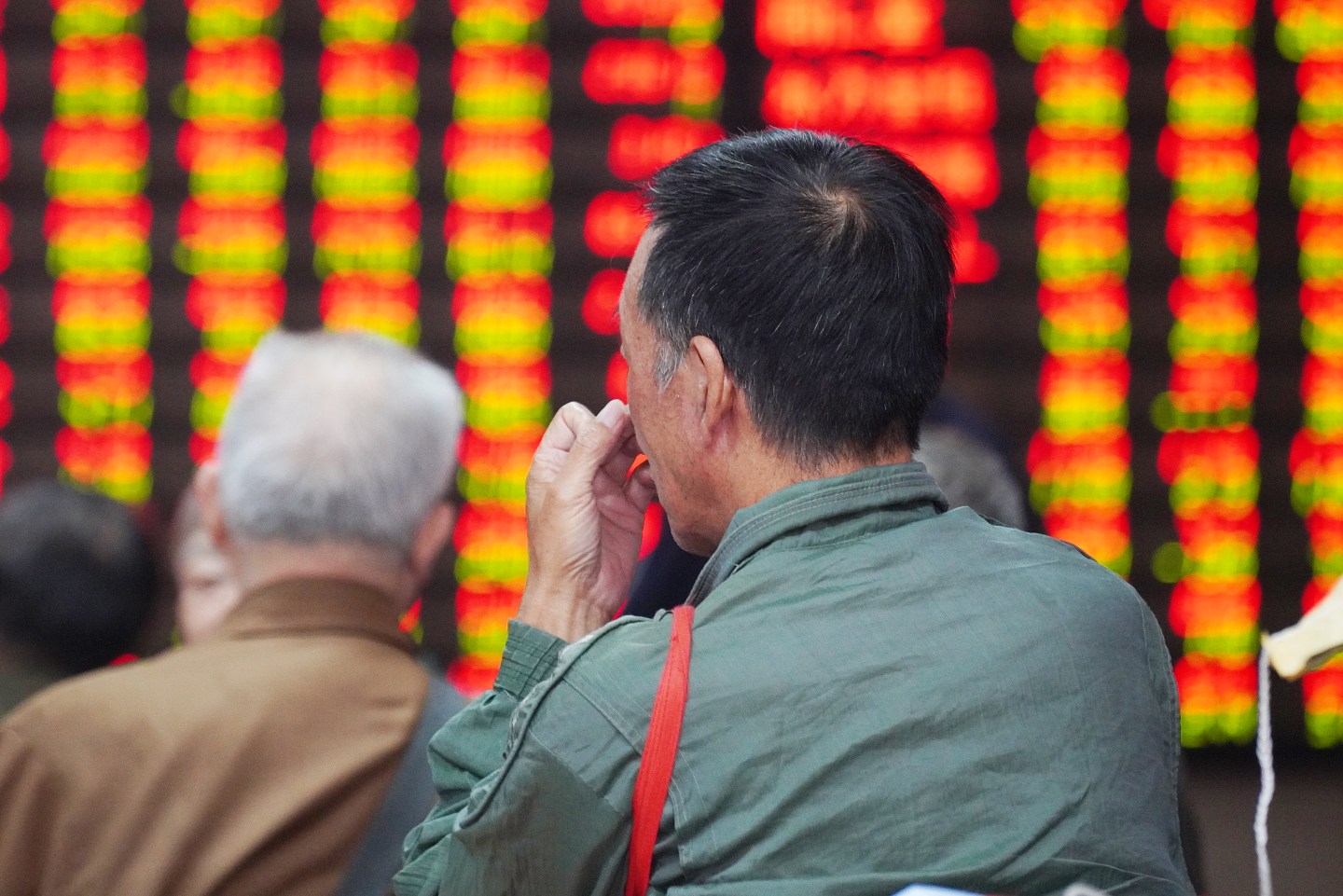Mainland Chinese investors can buy shares in two of the biggest names in China’s tech world, Meituan-Dianping and Xiaomi Corporation, starting Monday, after regulators announced the companies will appear on the Hong Kong Stock Connect, which links exchanges in Hong Kong and mainland China.
Meituan, an online platform for food delivery and ticketing services, has a current market cap of around $71 billion and almost 300 million monthly active users. Electronics maker Xiaomi is one of China’s biggest smartphone makers and has a roughly $28 billion market cap.
The change in regulation allows retail investors in the mainland to buy shares in Xiaomi and Meituan, both of which debuted on Hong Kong Stock Exchange in 2018. The Hong Kong Stock Connect launched in November 2014 and links the Hong Kong Stock Exchange to the exchanges in Shanghai and Shenzhen.
“Both Xiaomi and Meituan are household names to the average retail investor in China. Granting these investors access to buy such stocks will definitely benefit the share prices,” Kevin Leung, executive director of investment strategy at Haitong International, told the South China Morning Post.
Opening up to individual investors on the mainland will attract more capital, but it may also bring volatility. In mainland China, retail investors make up almost 80% of annual trading, and they are known for their rollercoaster buying-and-selling, which has led mainland exchanges to be compared with casinos.
The Hong Kong Stock Exchange is much more stable, and institutional investors form 80% of trading. Hong Kong has led the world in initial public offerings since the start of September, defying worries that the ongoing protests would discourage companies from listing.
Meanwhile, trading volumes on Shanghai’s STAR Market have declined sharply since its first day of trading on July 22, when bullish individual investors caused stocks to surge.
On Monday morning, the first day the two tech firms were available on the Hong Kong Stock Connect, Xiaomi shares jumped as much as 4.4% and Meituan shares went up to 6.4%. By market close on Monday in Hong Kong, Meituan ended 3.5% higher and Xiaomi closed up 1.4%.
Xiaomi, which has been called “the Apple of China,” appeared on the Fortune Global 500 list for the first time in 2019 as the youngest company on the list. Its addition to the Hong Kong Stock Connect could be a boon for the company, which has struggled with drops in value since its disappointing IPO last July, when it yielded half its projected $100 billion valuation and raised $5.4 billion, which was at the low end of its target range.
Meituan listed in September 2018 with a debut that raised $4.2 billion, hitting the top end of its target range. It is currently the third-most valuable Internet company in China.
More must-read stories from Fortune:
—The world’s biggest lighting company makes promises for a WiFi alternative—but 5G awaits
—As U.K. turns its back on the EU, Georgia desperately wants in
—A.I. regulation is coming soon. Here’s what the future may hold
—How a Chinese developer at Tencent is shaping the future of gaming
—Gojek’s founder resigned to join the Indonesian government. What’s next for the $10 billion startup?
Catch up with Data Sheet, Fortune’s daily digest on the business of tech.






